
LOCAL authorities are a key pillar of governance in the country. Their operations and services affect the lives of ordinary citizens more than central government as services such as water provision, road maintenance, primary healthcare, garbage collection, vehicle parking are among many of the primary responsibilities of the local authorities.
Their involvement in the everyday lives of citizens has also made them key targets for corruption. Therefore, findings of a report by the Media Institute of Southern Africa (Misa-Zimbabwe) that the local authorities were among the most secretive public institutions, failing to provide relevant information to the public as required by the law means that they are fast becoming a byword for graft.
#tdi_1 .td-doubleSlider-2 .td-item1 { background: url(https://cdn.thestandard.co.zw/newsday/uploads/2022/04/IMG_3990-scaled.jpg) 0 0 no-repeat; } #tdi_1 .td-doubleSlider-2 .td-item2 { background: url(https://cdn.thestandard.co.zw/newsday/uploads/2022/04/IMG_3989-scaled.jpg) 0 0 no-repeat; } #tdi_1 .td-doubleSlider-2 .td-item3 { background: url(https://cdn.thestandard.co.zw/newsday/uploads/2022/04/IMG_3986-scaled.jpg) 0 0 no-repeat; } #tdi_1 .td-doubleSlider-2 .td-item4 { background: url(https://cdn.thestandard.co.zw/newsday/uploads/2022/04/IMG_3985-scaled.jpg) 0 0 no-repeat; } #tdi_1 .td-doubleSlider-2 .td-item5 { background: url(https://cdn.thestandard.co.zw/newsday/uploads/2022/04/IMG_3984-scaled.jpg) 0 0 no-repeat; } #tdi_1 .td-doubleSlider-2 .td-item6 { background: url(https://cdn.thestandard.co.zw/newsday/uploads/2022/04/IMG_3983-scaled.jpg) 0 0 no-repeat; } #tdi_1 .td-doubleSlider-2 .td-item7 { background: url(https://cdn.thestandard.co.zw/newsday/uploads/2022/04/IMG_3982-scaled.jpg) 0 0 no-repeat; } #tdi_1 .td-doubleSlider-2 .td-item8 { background: url(https://cdn.thestandard.co.zw/newsday/uploads/2022/04/IMG_3981-scaled.jpg) 0 0 no-repeat; } Uncollected garbage in Mbare, Harare 1 of 8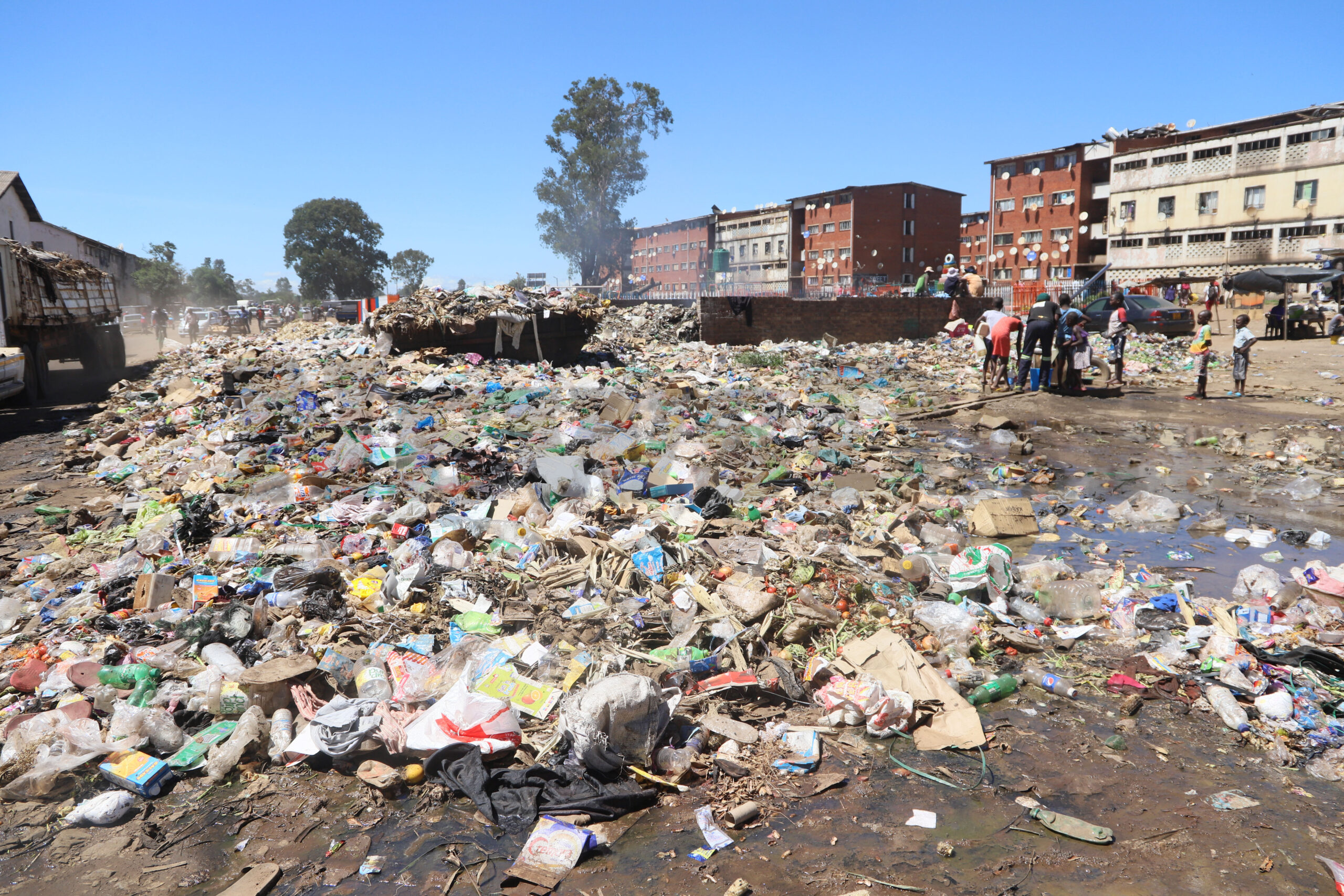
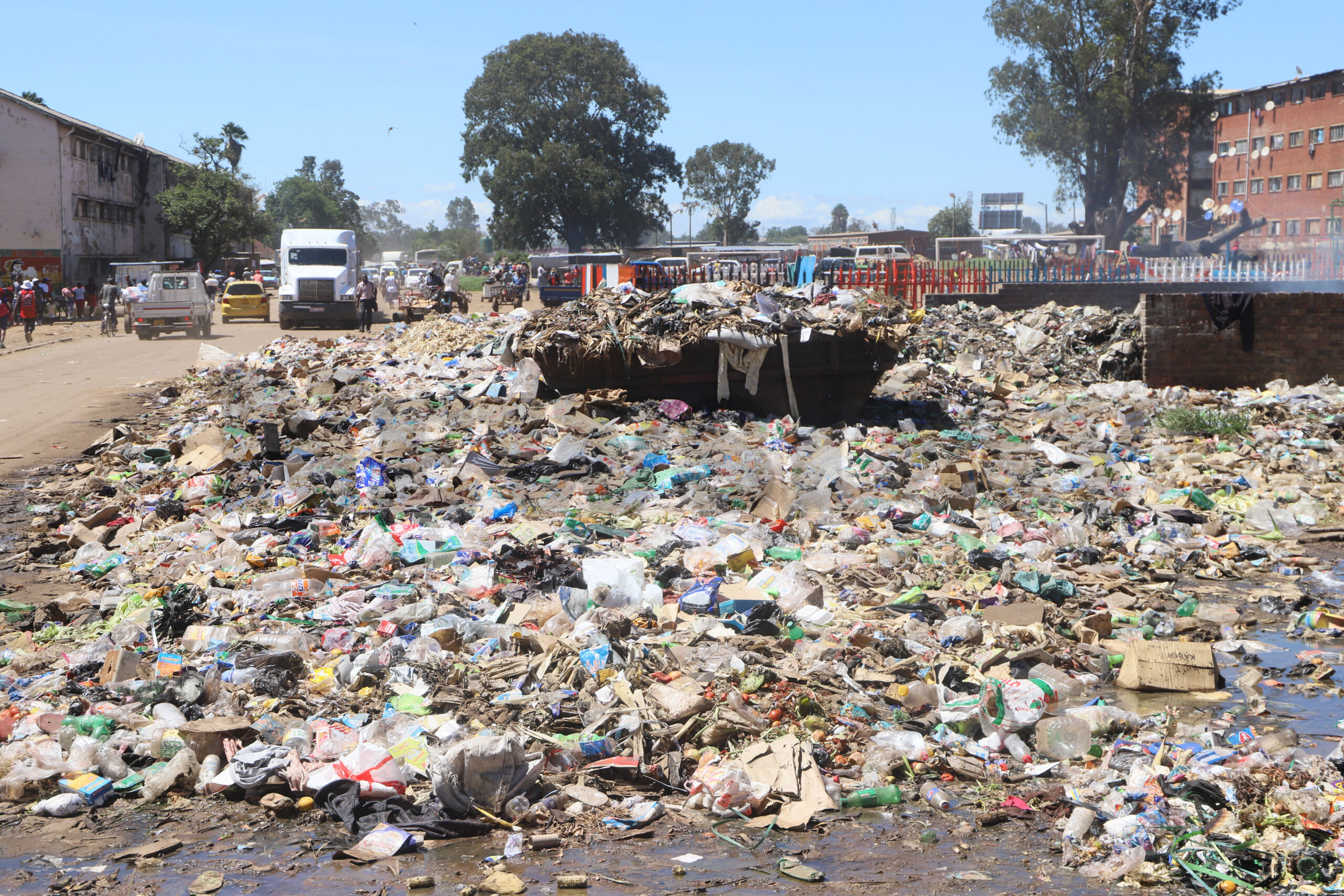
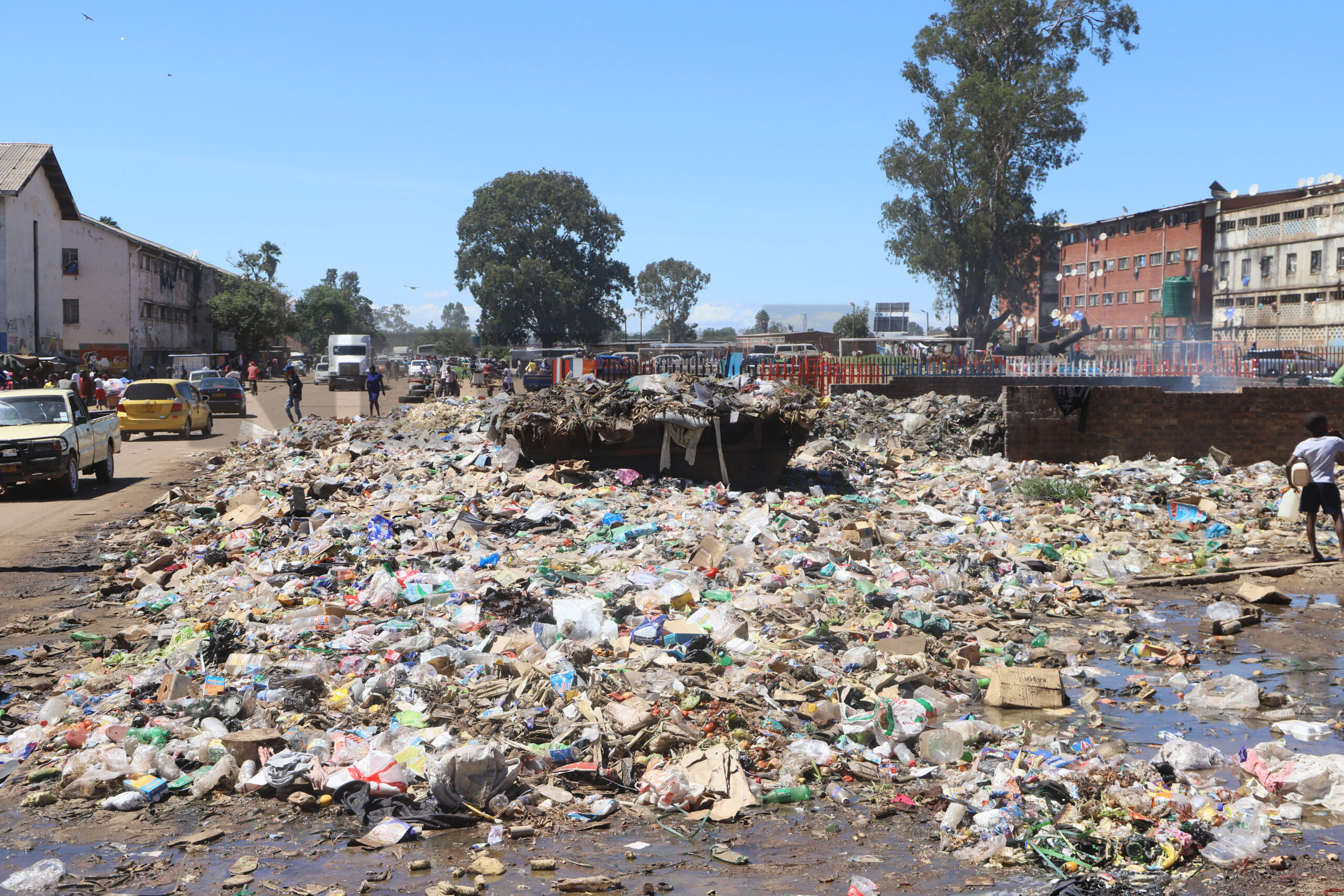
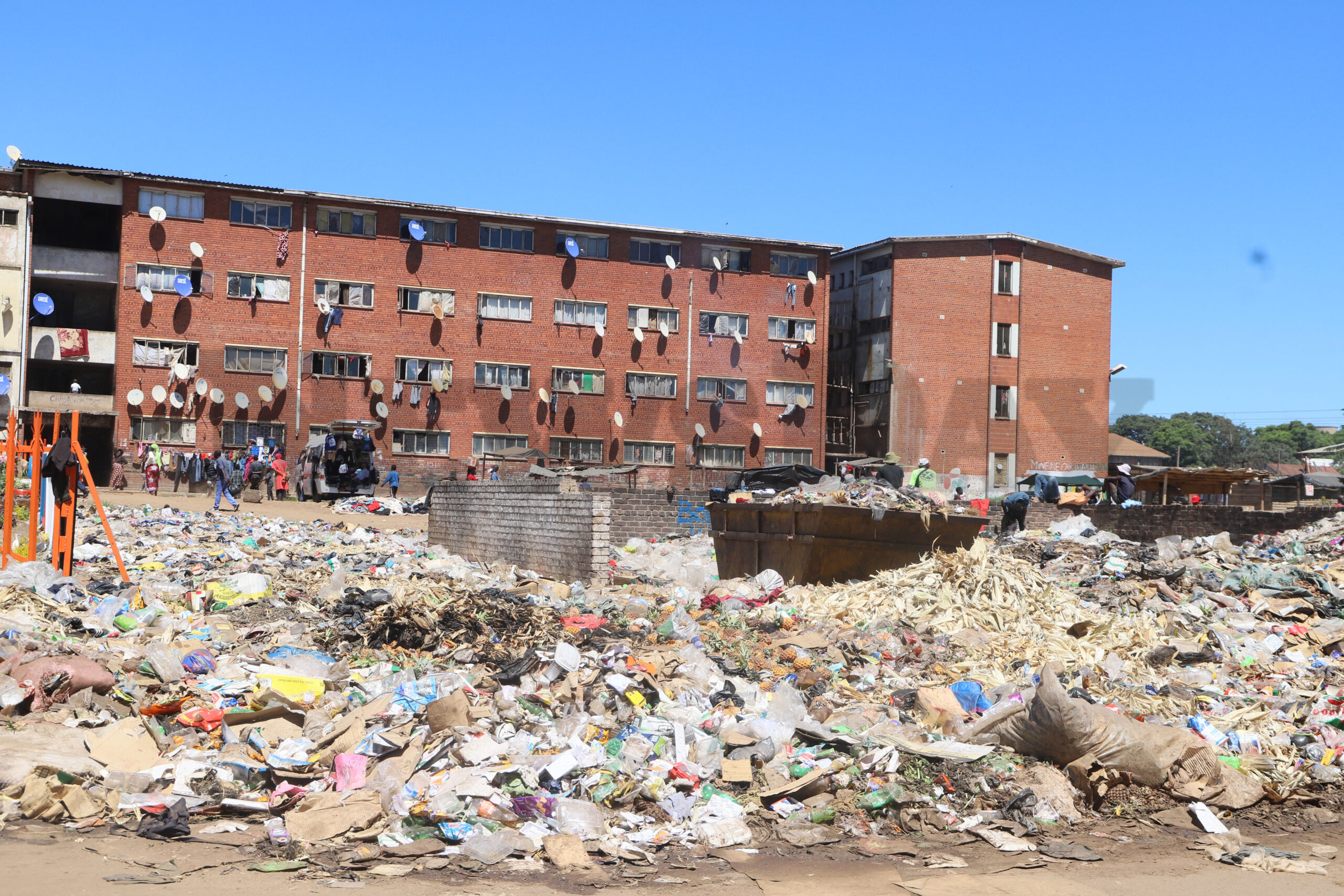
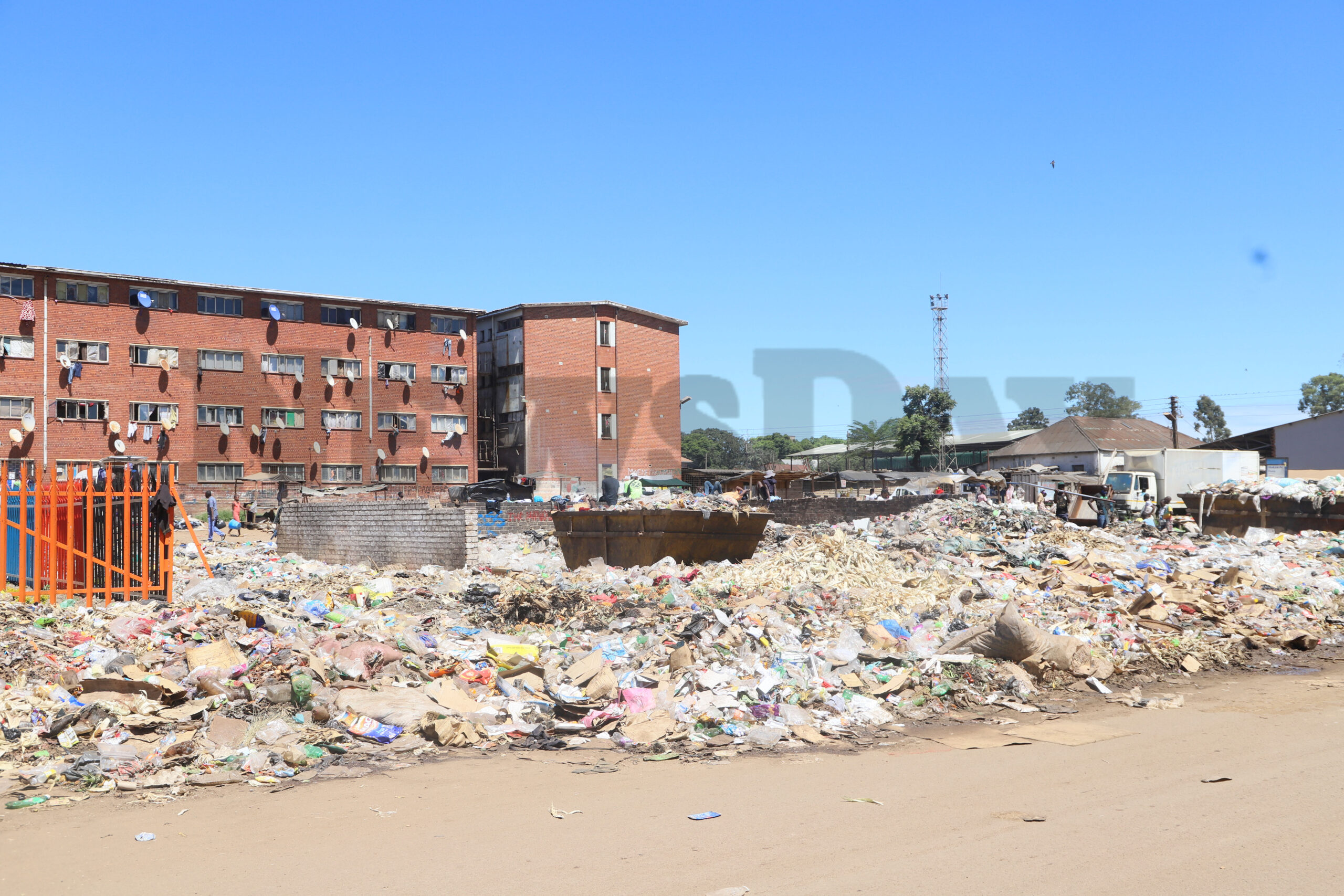
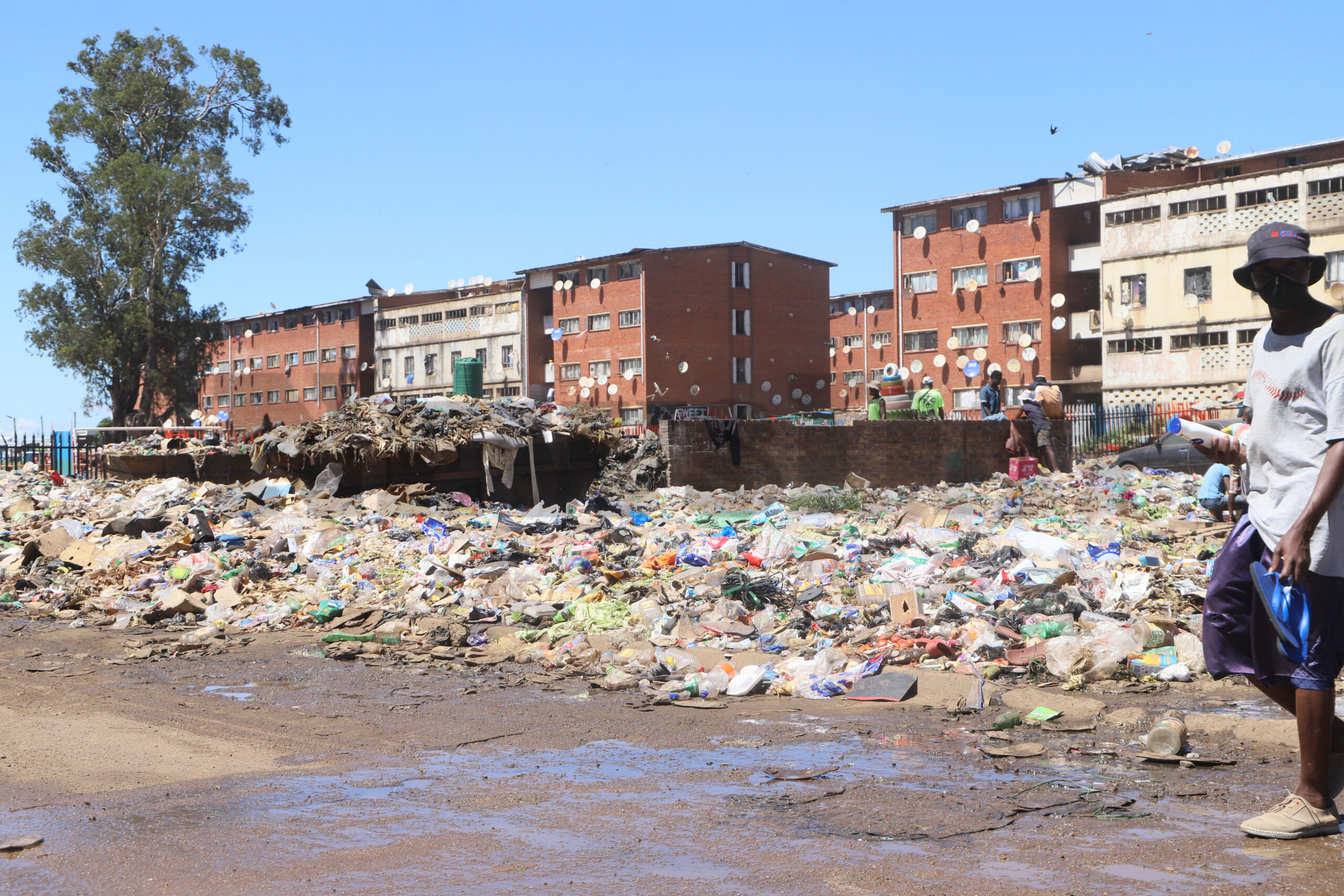
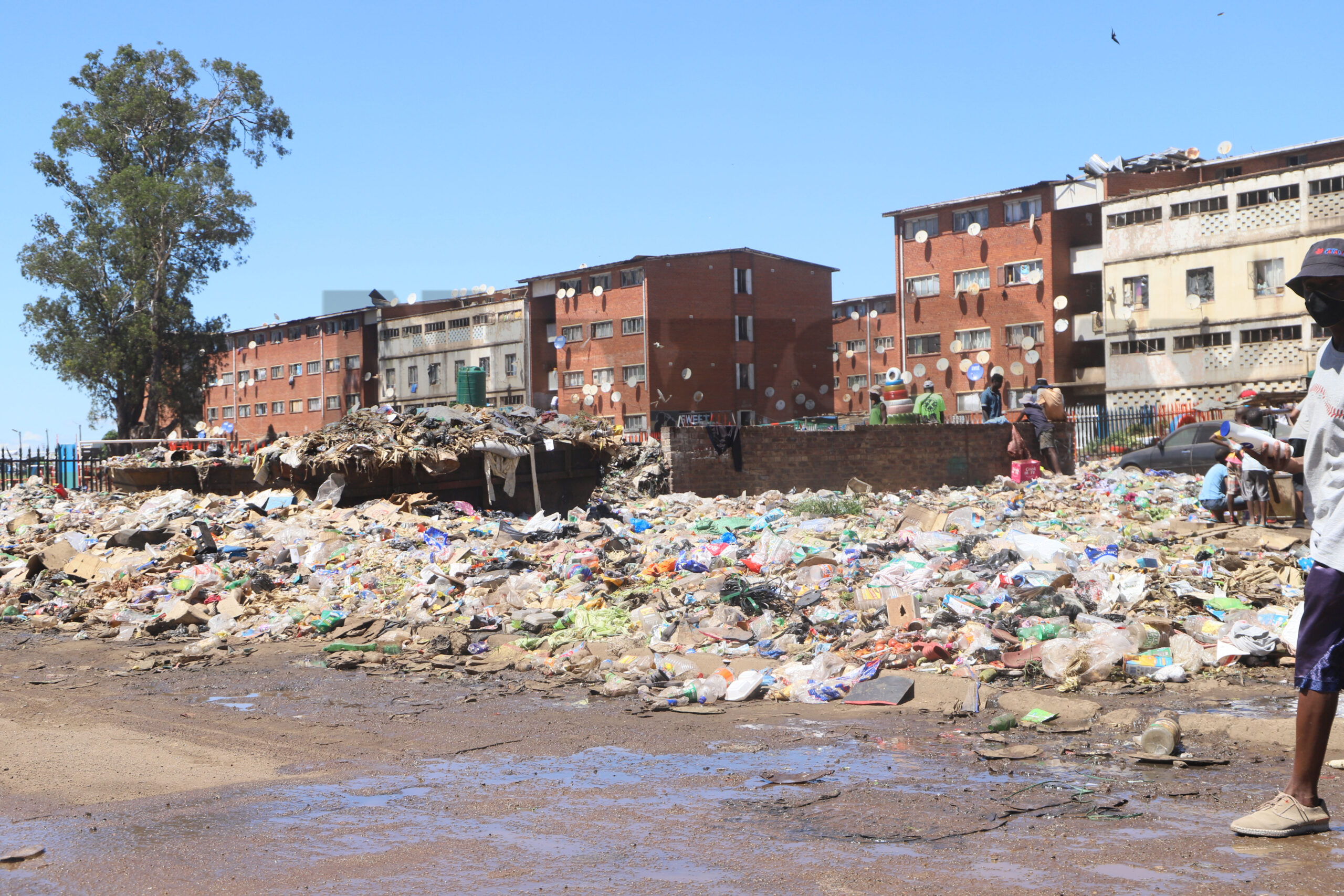
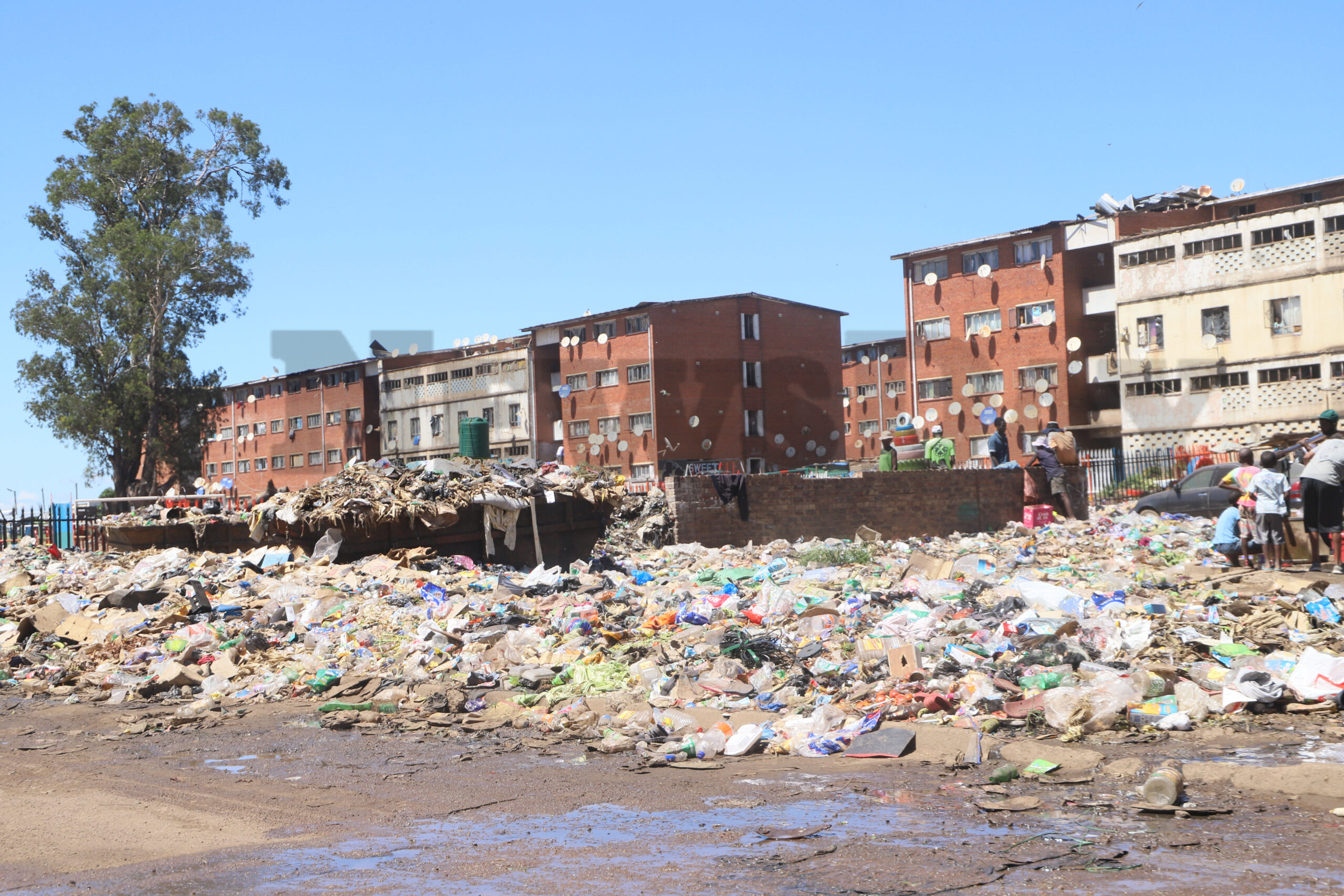
This is of major concern to the entire ratepaying public.
Public institutions are required to avail requested information under the Freedom of Information Act for public accountability or for the exercise of a right.
Misa-Zimbabwe last year evaluated compliance with the Act for 10 public institutions as part of its annual transparency assessment index.
This disturbing revelation shows a lack of respect by councillors to those who elected them into those positions.
The country’s citizens did not vote for councillors to be kept in the dark over issues that affect their day-to-day lives.
It is baffling that these councils, whose operations are shrouded in secrecy, are mostly run by opposition parties whose ideologies are premised on championing democracy and accountability.
- Chamisa under fire over US$120K donation
- Mavhunga puts DeMbare into Chibuku quarterfinals
- Pension funds bet on Cabora Bassa oilfields
- Councils defy govt fire tender directive
Keep Reading
The lack of accountability is sadly not only confined to local authorities but is also prevalent in government ministries.
This is particularly evident in the deals entered into between President Emmerson Mnangagwa’s government and various companies involving the country’s natural resources. Details around the structuring of the deals are scarce which raises suspicion of corruption and looting.

Although President Emmerson Mnangagwa has publicly declared his government as the new dispensation, the secrecy around national deals which is synonymous with the late former President Robert Mugabe’s rule still remains.
The move to amend the clause in the Constitution so as to give the Executive exclusive powers to approve loan agreements with foreign non-State institutions or entities without being subjected to parliamentary and public scrutiny is ample testimony of the aversion to openness and accountability by Mnangagwa’s government.
Without accountability and openness, we can forget about fostering a culture of democracy in the country.











